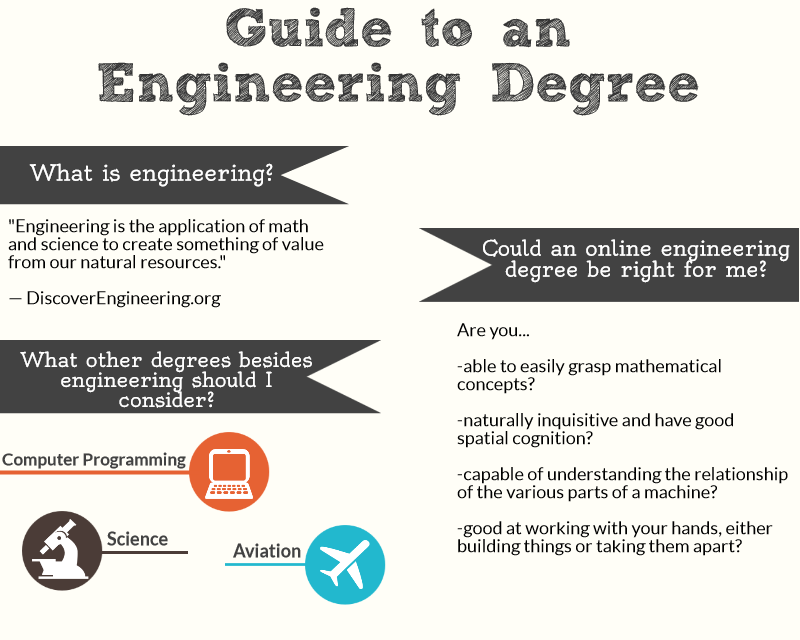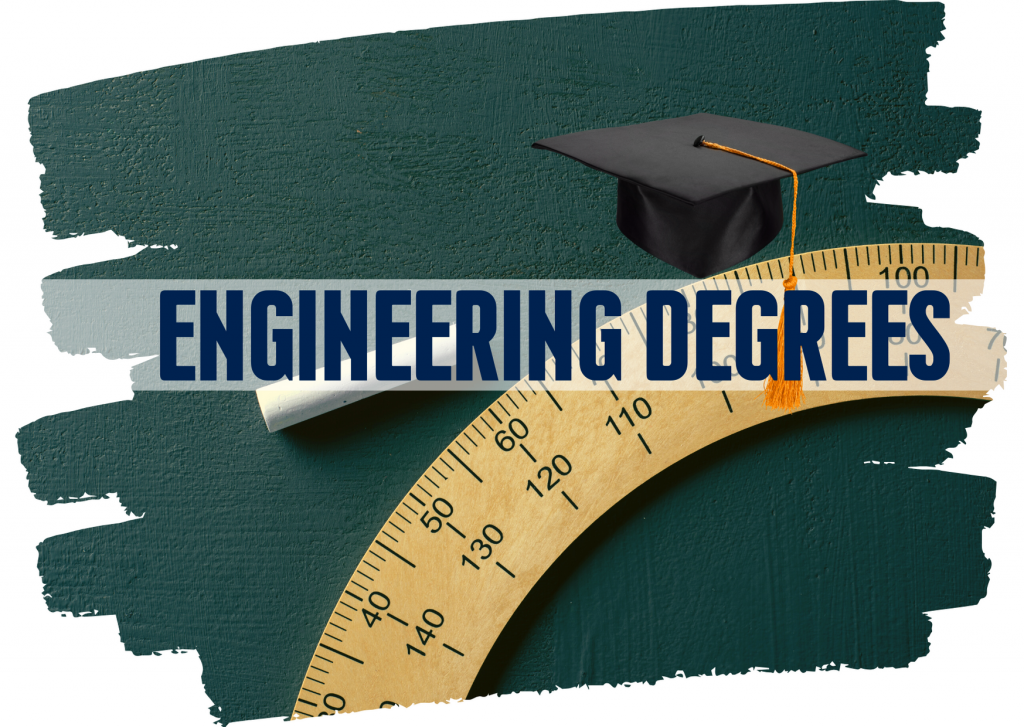In today’s rapidly evolving technological landscape, an engineering degree online has emerged as a powerful tool for career advancement and personal fulfillment. With its flexibility, affordability, and access to cutting-edge knowledge, online engineering education is transforming the way professionals develop their skills and pursue their career aspirations.
From the comfort of your own home or on the go, you can embark on an educational journey that empowers you to tackle complex engineering challenges and make a meaningful impact on the world. Join us as we delve into the world of engineering degree online, exploring its benefits, program selection criteria, curriculum, career paths, and strategies for success.
Benefits of an Online Engineering Degree
An online engineering degree offers a unique blend of flexibility, affordability, and career opportunities. Let’s explore these benefits in more detail:
Flexibility and Convenience
Online learning provides unmatched flexibility, allowing you to study at your own pace and on your own schedule. Whether you’re a working professional, a parent with limited time, or someone who prefers a self-directed learning environment, an online degree can fit seamlessly into your life.
Cost-Effectiveness
Compared to traditional on-campus programs, online engineering degrees are often more cost-effective. You can save on expenses such as transportation, parking, and on-campus housing. Additionally, many online programs offer tuition discounts and financial aid options, making them accessible to a wider range of students.
Successful Careers
Graduates with online engineering degrees have gone on to build successful careers in various industries. They hold positions as software engineers, mechanical engineers, civil engineers, and more. Online degrees are recognized by employers, who value the skills and knowledge acquired through this innovative learning format.
Choosing the Right Online Engineering Program
Selecting the appropriate online engineering program requires careful consideration of several factors. These include accreditation, faculty experience, curriculum, specialization, career goals, and learning style. Evaluating these aspects ensures that the program aligns with your academic and professional objectives.
Accreditation is a crucial indicator of program quality. It signifies that the program meets established standards and has undergone rigorous evaluation by an independent body. Look for programs accredited by reputable organizations such as the Accreditation Board for Engineering and Technology (ABET).
The experience and expertise of the faculty play a significant role in the quality of the program. Consider the qualifications and research interests of the faculty members. Seek programs with faculty actively engaged in research and industry collaborations, as this exposure translates into cutting-edge knowledge and practical insights for students.
The curriculum should provide a comprehensive foundation in engineering fundamentals and specialized knowledge in your chosen field. Review the course descriptions and ensure that the program covers essential topics relevant to your career goals. Consider the availability of elective courses that allow you to explore areas of interest.
Specialization
Choosing a specialization within engineering can help you tailor your education to your specific interests and career aspirations. Common specializations include mechanical engineering, electrical engineering, civil engineering, and computer engineering. Consider your career goals and the industries you are interested in to make an informed decision.
Learning Style
The learning style offered by the program should align with your preferences and learning needs. Some programs emphasize synchronous learning, where students attend live virtual classes, while others focus on asynchronous learning, allowing students to access course materials and complete assignments at their own pace.
Choose a program that accommodates your preferred learning style.
Comparison Table of Online Engineering Programs
| Program | Accreditation | Faculty Experience | Curriculum | Specializations | Learning Style |
|---|---|---|---|---|---|
| Program A | ABET Accredited | Experienced faculty with industry experience | Comprehensive curriculum with elective options | Mechanical, Electrical, Civil | Synchronous and asynchronous learning |
| Program B | EAC Accredited | Faculty with research expertise | Focus on practical applications | Electrical, Computer | Synchronous learning |
| Program C | Not Accredited | Adjunct faculty with limited industry experience | Limited course offerings | Mechanical | Asynchronous learning |
Curriculum and Coursework in Online Engineering Programs
Online engineering programs provide a comprehensive curriculum that covers the core concepts and principles of engineering, ensuring graduates are well-equipped for the demands of the industry. These programs typically include a strong foundation in mathematics, physics, and engineering principles, along with specialized coursework in specific engineering disciplines.
Core Courses
The core curriculum in online engineering programs typically includes courses in:
- Mathematics: Calculus, linear algebra, differential equations
- Physics: Mechanics, electricity and magnetism, thermodynamics
- Engineering principles: Statics, dynamics, materials science
- Computer science: Programming, data structures, algorithms
Virtual Labs and Simulations
Online engineering programs utilize virtual labs and simulations to provide students with hands-on learning experiences. These virtual environments allow students to conduct experiments, test theories, and design solutions in a safe and controlled setting.
Capstone Projects and Research Opportunities
Many online engineering programs offer capstone projects or research opportunities, allowing students to apply their knowledge and skills to real-world engineering challenges. These projects provide students with valuable experience in project management, teamwork, and problem-solving.
Career Paths for Online Engineering Graduates

Online engineering degrees open doors to a diverse range of industries and roles. Graduates are well-equipped to contribute to the technological advancements shaping various sectors.
Career advancement opportunities are abundant for online engineering graduates. With experience and specialized knowledge, they can progress into leadership positions, managing teams and overseeing complex projects.
Industries
- Aerospace and Defense
- Automotive
- Biomedical Engineering
- Civil Engineering
- Computer Engineering
- Electrical Engineering
- Energy
- Environmental Engineering
- Manufacturing
- Robotics
- Software Development
- Telecommunications
Roles
- Design Engineer
- Project Engineer
- Manufacturing Engineer
- Software Engineer
- Systems Engineer
- Test Engineer
- Technical Writer
- Engineering Manager
- Chief Engineer
Success Stories
Numerous engineers have achieved remarkable success with online degrees.
John Smith, an online engineering graduate from Stanford University, rose through the ranks at a leading aerospace company to become its Vice President of Engineering.
Mary Jones, a graduate of MIT’s online engineering program, founded a successful software startup that has revolutionized the healthcare industry.
Tips for Success in Online Engineering Programs
Online engineering programs offer a flexible and convenient way to earn an engineering degree. However, succeeding in these programs requires a different set of skills and strategies than traditional on-campus programs.
Here are some tips to help you succeed in an online engineering program:
Manage Your Time and Workload Effectively
One of the biggest challenges of online learning is managing your time and workload effectively. With no set class times or in-person meetings, it’s easy to get behind on your studies if you don’t have a good plan in place.
- Create a study schedule and stick to it as much as possible.
- Break down large assignments into smaller, more manageable tasks.
- Set deadlines for yourself and stick to them.
- Take breaks throughout the day to avoid burnout.
Stay Self-Disciplined and Motivated
Online learning requires a high level of self-discipline and motivation. You need to be able to push yourself to complete your assignments on time, even when you don’t feel like it.
- Set goals for yourself and track your progress.
- Find a study buddy or group to help you stay accountable.
- Reward yourself for completing your assignments.
- Don’t be afraid to ask for help when you need it.
Take Advantage of Online Forums and Support Systems
Online engineering programs often have online forums and support systems where students can connect with each other and with their instructors. These forums can be a great way to get help with your assignments, share ideas, and build a sense of community.
- Introduce yourself to your classmates and instructors.
- Participate in discussions and ask questions.
- Offer help to other students.
- Use the forums to stay up-to-date on course announcements.
Closure

As you embark on your engineering degree online, remember that you are not alone. Online forums, support systems, and dedicated faculty are there to guide you every step of the way. Embrace the flexibility, affordability, and career-boosting potential of online engineering education.
Invest in your future today and unlock a world of opportunities.


